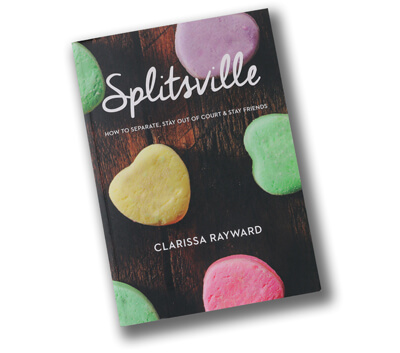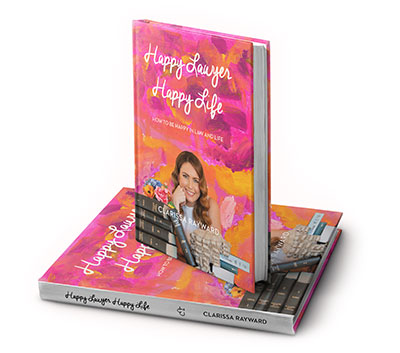This week I thought I might share with you a small excerpt from my book, ‘Splitsville, How to separate, stay out of Court and stay friends’ from the chapter ‘How do I tell everyone?’. Divorce is bad enough without then having to explain to those you love and even those you barely know just what you are going through. Often the most challenging conversation to be had is with your children. So here are 5 things to keep in mind when you are telling your kids, about your separation. _______________________________________________________________________________________
How do I tell everyone?
‘I don’t have time to worry about the people who don’t like me, I am too busy loving the people who love me’ – Unknown ‘What do I tell everyone’, and ‘what will people say?’ are often two of the first concerns that come up for people once the initial shock of the separation has worn off. Take your time, work with your partner to decide how you want to break the news and what you want to share, and keep the end in mind – the way in which you tell your family, friends and others about your separation can have a significant impact on your relationship with your spouse going forward and if you let emotions like anger come into these communications, it can make the subsequent legal process far more difficult than it needs to be.
We need to tell the kids
Telling your children of your separation is no doubt one of the most significant and difficult conversations you will have. Often this conversation occurs just after you have decided to separate and when you are both in the throes of sorrow, hurt and pain. Because of this, it’s very easy to get it wrong. Most commonly, I have seen the aggrieved parent take it upon themselves to break the news to their children and to ensure that the children understand in intimate detail the reason why mum and dad are separating. I have seen children who have heard all about their mother or father’s affair and how it is all her or his fault that their parents have separated. Remember that while the end of a relationship is very difficult on the adults involved, it is often more difficult on the children involved. Children, depending on their ages, will understand in different ways the separation of their parents, and will almost always experience some level of hurt. Many children will also feel somehow responsible for the end of their parents’ relationship. This is why, no matter how difficult your separation is for you, it is essential that you try and separate your own emotions and be available to support your children, who will also be grieving the change in your family. You and your spouse should work together to offer support to your children. It is best if you can, together, send a clear message for your children that it is okay for them to keep loving both of you in just the same way. Here are five tips on how to have the hard conversation:
- Try and agree with your partner on when you will talk with the children. It’s important to break this news together.
- Take into account the ages of your children. If they are very young this conversation should focus on letting them know everything will be okay. If they are teenagers you might need to have a more in-depth conversation focusing on the fact that you will do everything you can to ensure their lives don’t change.
- Don’t involve your children in adult issues, such as financial or personal issues that have led to your relationship ending. Children do not need to know and, in most cases, cannot understand the varied issues that will have led to the end of your relationship. There is every chance you don’t really know either! Children need to be reassured that, despite the breakdown of your relationship, you will continue to be good parents who will love them and that they will continue to be a priority in your life. Younger children will need to be reassured that it is not their fault that your relationship has come to an end. This is one of the hardest things for most parents after a separation, particularly if you feel that you are the innocent party or the separation was not your choice or out of your control. Keep in mind that you are both going through the grieving process, so seek professional assistance with your own emotions rather than imparting your feelings on your children.
- Don’t say bad things about your partner. Children are a biological product of their parents. Children therefore understand that they are, in essence, half their mother and half their father. By slighting or denigrating a child’s mother or father you are, at the same time, slighting that child. Even if this isn’t your intention, this will cause emotional harm to your children and affect their capacity to grow into emotionally healthy adults.
- Do remember that every family is unique. Don’t compare yourself to other families or friends in your situation. A relationship brings two people together with their own views, beliefs and values. These flow into your parenting style. It is important to try and make decisions that suit your family based on what you and your former partner consider to be the best for your children. You both know them better than anyone else.
______________________________________________________________________________________ An excerpt from ‘Splitsville- How to separate, stay out of Court and stay friends’ at pge 52. Purchase NOW a copy of the hard copy book here [shopify product=http://separationshop.com/products/splitsville-how-to-separate-stay-out-of-court-and-stay-friends]
You can follow Clarissa, The Happy Family Lawyer on facebook here.







